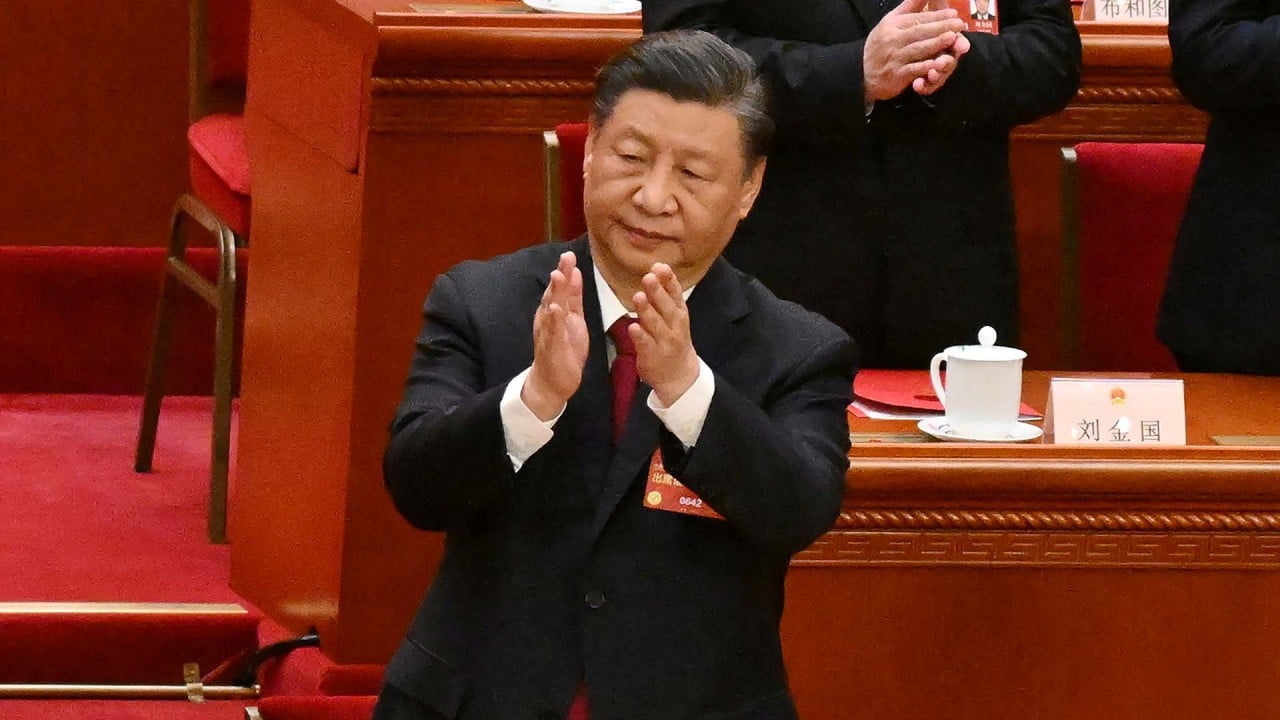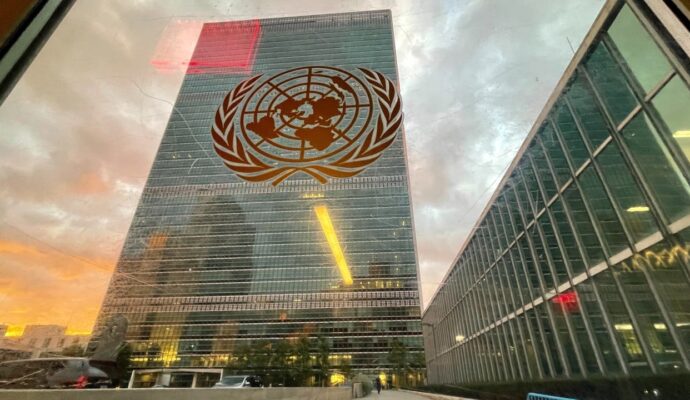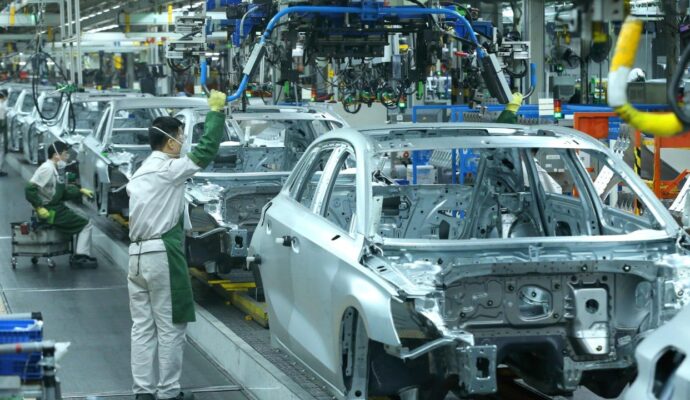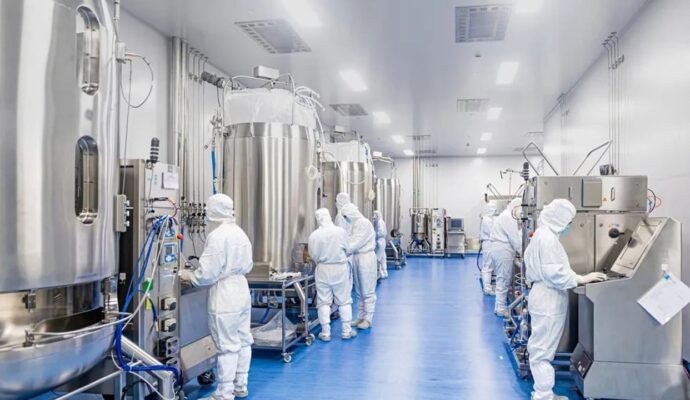“We all have an interest in creating a social climate that is both principled and one in which there is ample room for relaxation and freedom,” he wrote.
“None of us should participate, consciously or unconsciously, in promoting a spiralling tightened society with more and more controls. I don’t think anyone really enjoys living in that kind of social atmosphere.”
Hu has generally been known for toeing the official line and was a prominent critic of Hong Kong 2019’s anti-government protests as well as mocking the US’s handling of the pandemic on both Chinese and international social media platforms such as Weibo and X, formerly known as Twitter.
To ‘rally minds’: China’s gaokao exam tests grasp of Xi Jinping Thought
To ‘rally minds’: China’s gaokao exam tests grasp of Xi Jinping Thought
But in Wednesday’s post, he urged people to avoid frequent boycotts and attacks on individuals, saying that these would only have a negative effect.
Advertisement
Hu wrote on Weibo that society should have “room for mistakes” and avoid growing anxiety and fear.
A mainland-based political analyst, who spoke on condition of anonymity, said it was a little surprising that had Hu voiced such concerns, and suggested that he may have received a sign that some important officials are also reflecting on the situation as the economy falters.
But it is still unclear whether there is a sign that overall ideological control will be relaxed, the scholar said.
Advertisement
He said “the party’s new theory for the new era has been embraced by the people” and “core socialist values are resonating with the public … and the online environment has seen continuous improvement.”
Advertisement
Hu’s call for a more open society may be a symptom of a growing tension between ideological control and economic policy in China, said Rana Mitter, a professor at Harvard Kennedy School.
Earlier this year similar concerns were raised by Wang Wen, executive dean of the Chongyang Institute for Financial Studies at Renmin University, who noted that the concept of openness in Chinese society “has become somewhat lagging and conservative, and in particular, institutional opening up at a local level is slowing down.”
Advertisement
Wang had also previously been vocal in defending Beijing’s official line, including a report published in August 2021 criticising the US handling of the pandemic, describing its response as the “world’s number one failure”.
Wang told a free-trade forum in May that some local officials see the flow of logistics, information and capital as “sensitive and even very dangerous”. He said they also view normal international academic and research exchanges as sensitive and must seek instructions from their superiors.
“Insufficient opening up, leading to poor reforms, is an important reason why China’s development potential has not been fully released at present and the momentum of economic recovery is still insufficient,” he said.
‘Cleaning up minds’: China’s culture police spark fears of overkill
‘Cleaning up minds’: China’s culture police spark fears of overkill
Mitter noted that while the party’s preference is for a very tight ideological environment, the economy is still sluggish and there is a sense that entrepreneurship and growth are hard to stimulate.
Advertisement
“A growing economy depends on free flows of information and a sense of predictability for business. This means less top-down control and more opportunities for wider society to experiment,” he said.
Advertisement



